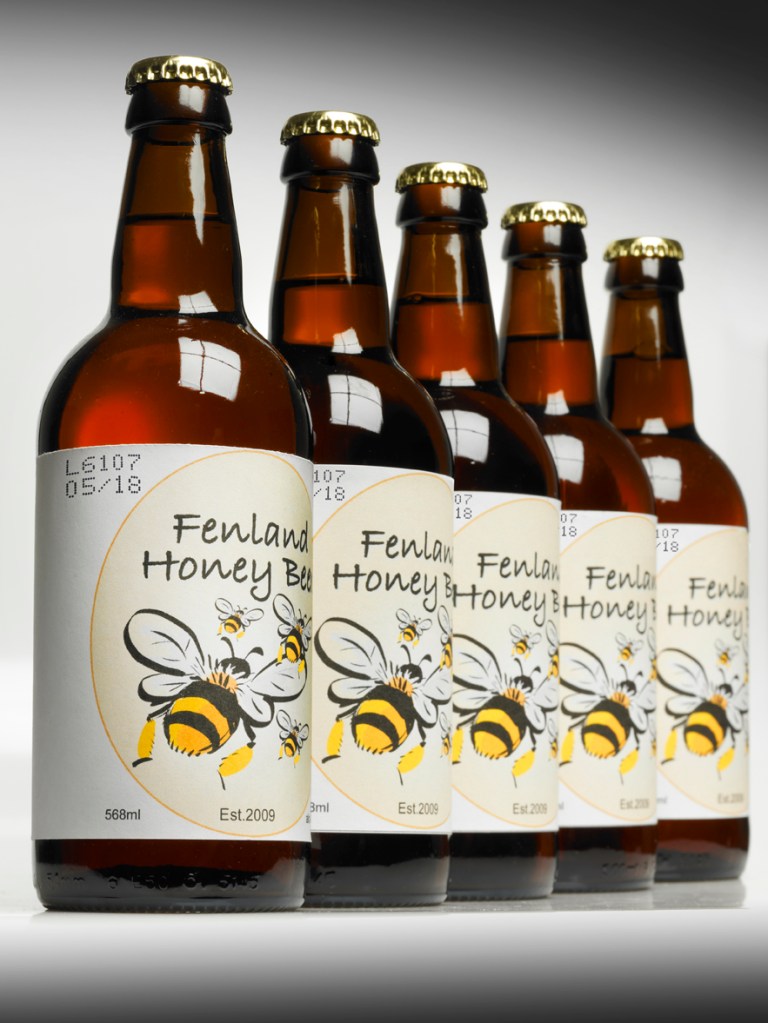Anti-Counterfeiting for Alcoholic Drinks

As the alcoholic drinks industry reverses global declines of recent years and UK alcohol exports enjoy strong growth, there is one phenomenon that continues to dog the sector: counterfeiting.
Each year, HMRC seizes 50 million litres of counterfeit alcohol in the UK – and it is generally agreed that, with the necessary tools getting more accessible, the quality of fakes has risen to a point where they are much harder to detect than before.
A serious problem – and its coding solution
Research by the IEA estimates that fake alcohol costs the UK as much as £1.2 billion in lost revenue every year. Then there is the damage that alcohol sold without the necessary checks and taxes causes to local stores and small businesses by undercutting their profits.
The effects for anyone unlucky enough to drink counterfeits are even more disturbing. Often containing anti-freeze, cleaning fluid, charcoal or nail varnish remover, it can cause blackouts, blurred vision, short-term sight loss and even death…
So how do we tackle it? Drinks companies are currently working to spread awareness of the problem, advising consumers of the ways to avoid fake alcohol, which include buying from reputable dealers, exercising suspicion when the price is too low, and looking for flaws in the packaging such as poor labelling or no duty stamp.
It is coding and marking, however, that can represent the surest way to protect against counterfeiting today.
The best coding and marking solutions provide excellent protection against the counterfeiters – and the robust, permanent, complex codes they produce are increasingly the best form of defence. As an example, a coder can add durable yet discrete marks on the bottle or can that the criminals may often simply miss.
Quality coding and marking also has a role to play in reassuring customers about the quality and authenticity of the product. Linx’s recent consumer research shows that 84% of people “would be concerned” if the code printed on the bottle was of poor quality, demonstrating that the better the code print, the more reassured the consumer is.
The benefits of laser
Of all the different coding technologies, it is laser coding that is often most attractive to drinks companies concerned about counterfeiting. This is because laser can print permanent, quality codes onto a wide range of substrates including glass, coated metal, labels, and plastic – and all at high line speeds.
Able to produce either highly visible or subtly discreet codes or marks, laser technology also has the ability to produce complex logos and circular text on a range of different packaging materials, further foxing would-be counterfeiters.
Laser coding has no ink involved in the coding process and therefore no drying time and no risk of smudging, which can be an issue on some materials where the coded product may be in contact with other products or handling systems soon after coding. CO2 laser coders are the most popular lasers in the beverage industry, but fibre lasers are starting to be seen as viable options, as they can code onto bare metal such as beer cans providing even greater functionality.
Laser coders are also particularly attractive due to their minimal maintenance, low down time, high-speed capability and the fact there are no consumables, which saves on the long-term cost of ownership.
Steered beam laser systems are highly versatile as they provide clear, consistent and perfectly formed characters in a variety of fonts and message formats, and enable the use of high quality graphics and logos over relatively large print areas. They are particularly suitable where high quality codes are required, e.g. to blend in with the style of the pre-printed packaging.
Advances in technology and efficiency means that the initial purchase price of laser coders has significantly reduced. Add to this the low cost of ownership due to no consumables and relatively low maintenance, and this means laser coders are now a realistic choice for even smaller-scale operations.
Developments in design have also recently given rise to a new generation of lower cost compact laser coders, which offer an affordable alternative to other technologies whilst still maximising functionality.
So, whether you are a small operation or a largescale manufacturer, consider a laser-based coding and marking for your business. It will provide you with quality codes, it will save you money in the long term – and it will increase your protection against the counterfeiters who seek to profit from your brand.
Find the ideal anti-counterfeit coding solution for your drinks business by reading our latest white paper
